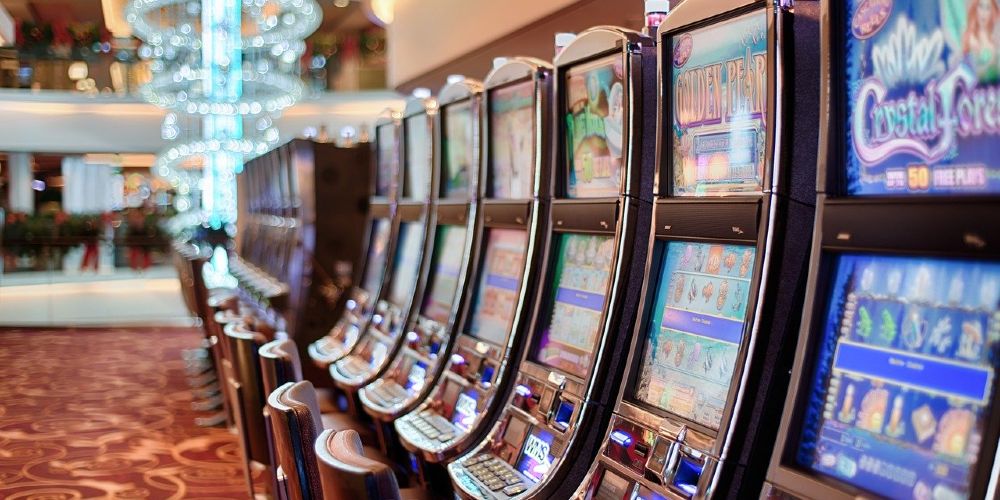There are many forms of gambling around the world, and different countries have different cultural norms for their preferred types of gambling. Japan is no exception, as pachinko is a very popular form of gambling in Japan compared to other parts of the world. Although this game has some similarities to slot machines that people are accustomed to around the world, there are also some interesting differences between these two forms of gaming.
Differences in Game Structure
Speaking of the differences between pachinko and slot machines, the biggest difference lies in the structure and construction of the game. Slot machines (such as those offered by the website listed here) only contain one stage, where the player spinning the reels constitutes the entire game. Pachinko, on the other hand, is divided into multiple stages. The components controlled by the player are located before the slot machine part of the game.
Pachinko also adds a level of result transparency that is usually not present in slot machines. Players can see how many spins have taken place on a pachinko machine over a period of time, and how many of those spins resulted in a winning outcome. This information, at least from a superstitious perspective, can help players decide which machine they want to use. Slot machines usually do not actively provide the same information, and this element of pachinko adds an interesting layer of superstition to the game.
Skill-Based Components
Another major difference between pachinko and slot machines is that pachinko requires skill, which sets it apart from most forms of gambling. In pachinko, the player's goal is to move the ball from the machine into the winning holes, thus the slot machine will spin and win additional balls. To get the ball into the winning area of the board, players need to send the ball into the game at an angle that is conducive to achieving that goal. This requires a high level of attention to detail and the ability to make immediate adjustments, which are not required in slot machines.
In addition to adjusting the angle of the ball when throwing, pachinko players also need to throw the ball at the right speed to ensure success. If the ball is thrown too hard, it will lose competitiveness, and if thrown too lightly, it will not reach the target. As pachinko games become increasingly popular, more and more players are learning how to throw the ball with the appropriate force.
Cultural Differences
As pachinko parlors in Japan continue to develop into a major industry, there are some cultural differences between slot machines and pachinko. In many countries, casino gambling is usually a social activity, especially with slot machines. In those places, people sit together while playing slot machine games, chatting even if they did not know each other beforehand. Pachinko, however, is a more solitary activity, where people do not want to talk to each other while playing.
In most cases, interacting with others while playing pachinko is considered unlucky. Talking or touching the pachinko balls that people use while playing is also frowned upon. This is a difference in gambling culture that new players must understand, as the solitary, anti-social nature of pachinko games is unique.
Online Availability
Being able to play slot machines online is another difference between slot machines and pachinko. Since pachinko games involve a ball movement component, the physical part of the game is not easily replicated online. There are many ways to play pachinko online, but many players do not think it compares to going to a physical pachinko parlor and participating in the activities there. Meanwhile, slot machines are more suited for online play, as the reels can spin in the same way both live and online. How bettors choose to place their bets will affect which option is best suited for them.
Pachinko games have elements of slot machines, but there are many elements that pachinko games do not have in slot machines. These differences make both options attractive to gamblers, and the appeal of pachinko parlors is something that slot machines cannot replicate, largely due to the skill-based part of the game.










